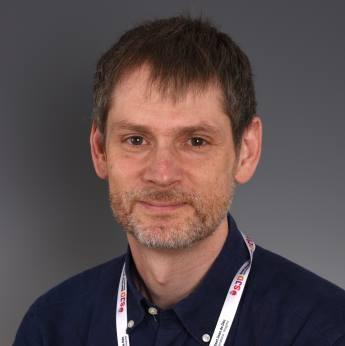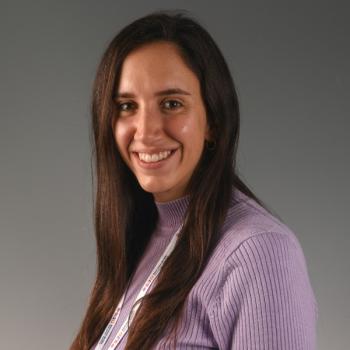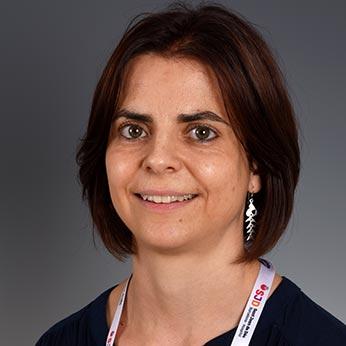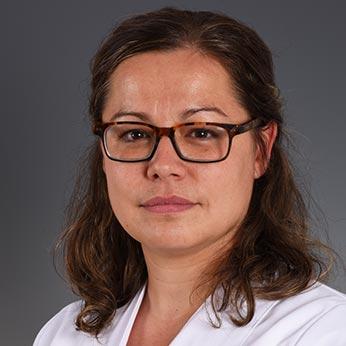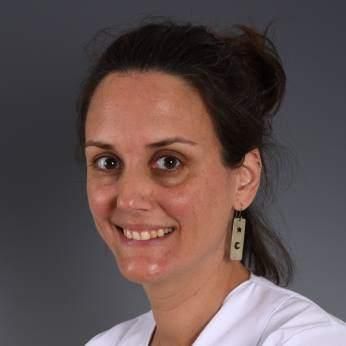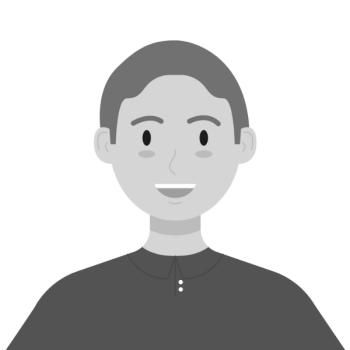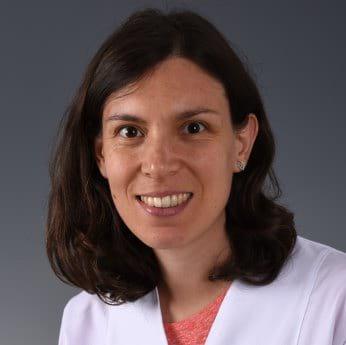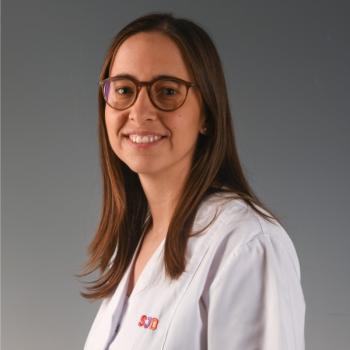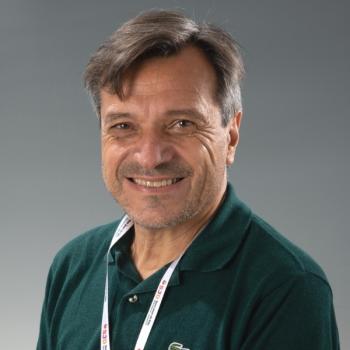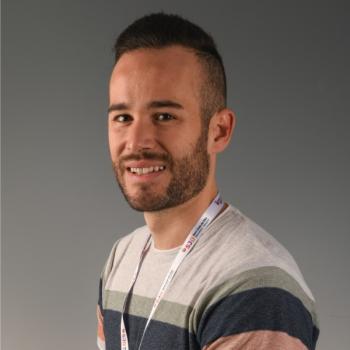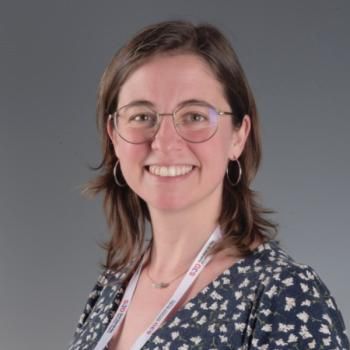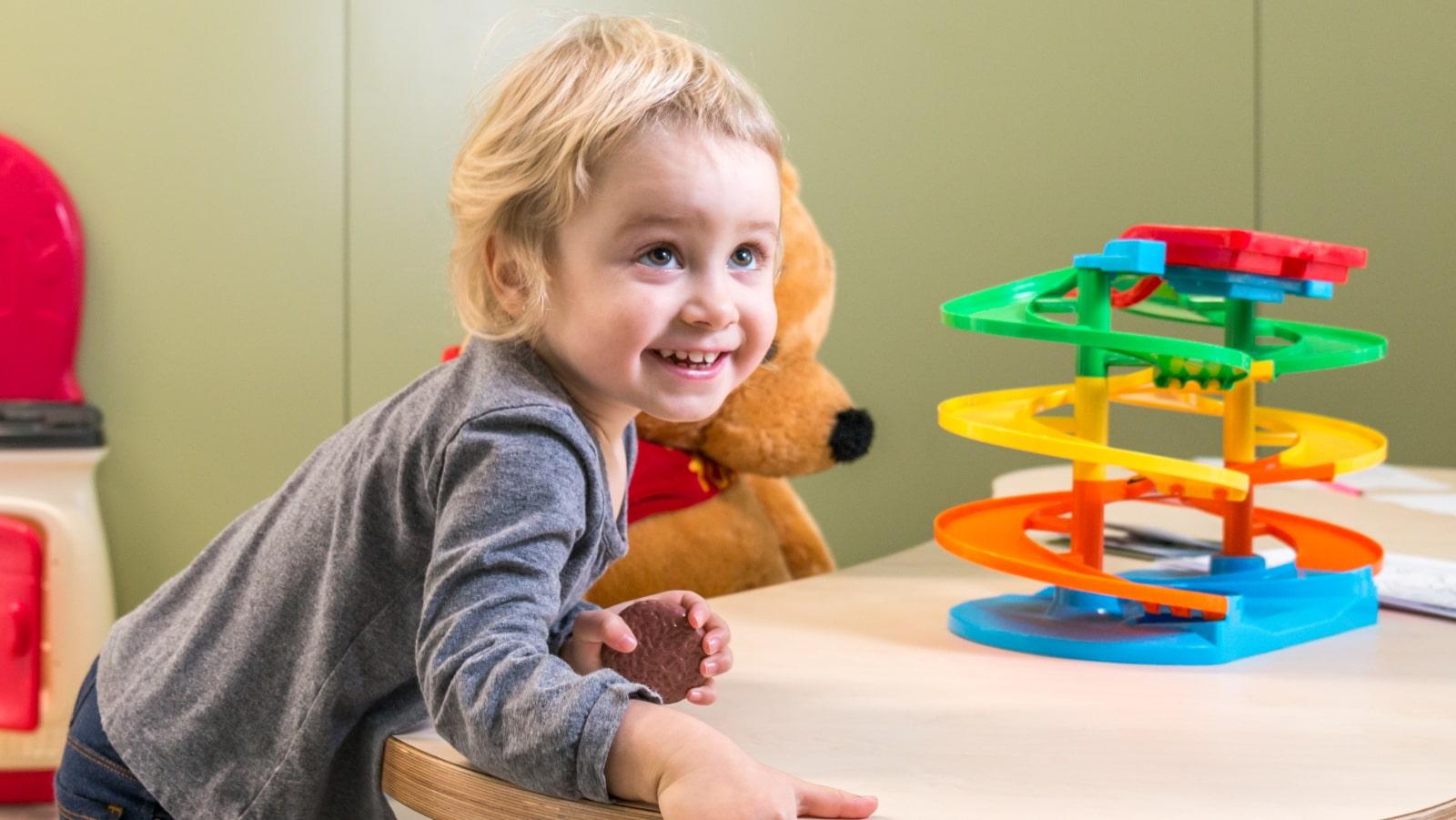
In the Paediatric Department at SJD Barcelona Children's Hospital we guarantee the comprehensive treatment of any disorder the child may present with up until the age of eighteen
Whether for acute diseases or for several complex diseases, all of our patients receive comprehensive treatment that considerably improves their healthcare experience.
The most important thing for us is the child and their family. To properly care for them, we have a highly involved care team who is constantly improving and learning. We work alongside all of the Hospital's units and departments to be able to provide the best possible care to each patient.
The hospital medicine pediatrician is a key caregiver, providing huge improvements to patient care. They allow for optimised diagnosis and treatment processes for all hospitalised children. We provide holistic care to our pediatric patients instead of only focusing on the disease itself.
We are also involved in caregiving for patients admitted to other hospital departments and services, to help speed their recovery. Clinical situation permitting, and if medically required, we discharge our patients home early, with our at-home hospitalisation team taking care of each step of the process.
We monitor previously admitted patients on an outpatient’s basis, guiding cases that are hard to diagnose or manage, and also we monitor children who have several diseases. Our mission is for all children to grow up as best they can, to the very best of their potential.
The Support Team for Abused Children (ESTIM) offers a multidisciplinary approach to cases where there is suspicion of child sexual abuse or mistreatment.
In the Environmental Health Unit, there is a specialised pediatrician who is in charge of helping children with diseases that are related to environmental problems, as well as carrying out educational and training activities.
Why SJD Barcelona Children's Hospital?
Each year we care for more than 15,000 patients in outpatient visits or hospital admissions, which amounts to 60 patients each day.
We work in coordination with professionals from all the Units and Services of the SJD Barcelona Children's Hospital.
We examine patients to diagnose or rule out health problems. We decide on the best way to approach each case based on the child's family and environment.
Specialities and services
Related Units
Comprehensive diagnosis and treatment of children requiring hospitalisation. Patient safety and humanisation of care are a priority.
We visit children with acute pathology and follow up others with chronic or multiple pathologies. We have a general approach, complementary to that of paediatric specialities.
We are focused on pathology related to environmental exposure. We participate in educational and informative activities and collaborate with scientific organisations and local, regional and national administrations.
SJD Barcelona Childrens cares for suspected child abuse.
Pathologies we treat
Treatments we offer
Our professionals
“A paediatrician, as a professional who integrates the professionals and interventions required by patients, has significant influence in improving a patient's health.”
Hospital at home
Our Pediatric Hospital Medicine Unit is in charge of supervising and administering hospital treatments in the patient’s own home. Candidates for this programme are patients who have been discharged from the Emergency Department who have certain diseases or patients who were hospitalised after clinical stabilisation. This treatment is held in very high regard by families and their children, as it allows children to recover in a familiar environment.
Hospitalisation and General Paediatrics
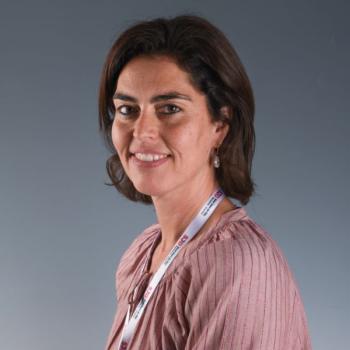

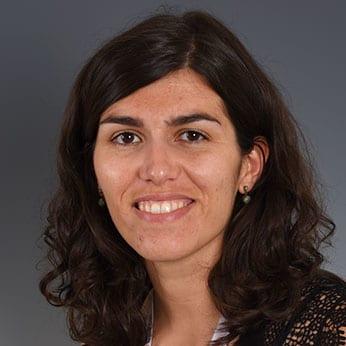

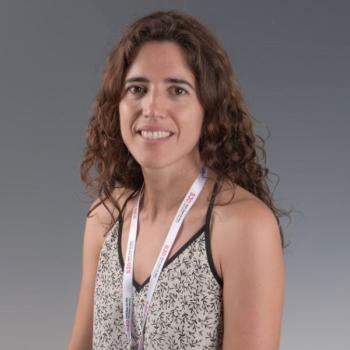

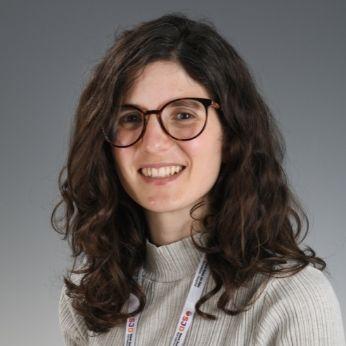
Research
The professionals in the Paediatric Department participate in two multidisciplinary research groups at the Sant Joan de Déu Research Institute (IRSJD):
Infectious diseases and microbiome
The infectious diseases research group combines the study of clinical, molecular and epidemiological aspects of major paediatric infectious diseases, including vaccine-preventable diseases and vertically transmitted infections. It consists of the following lines of research:
- Molecular epidemiological surveillance of vaccine-preventable diseases. We carry out studies to evaluate vaccines against prevalent childhood infections as well as the molecular characterisation of the main clones that cause diseases.
- We study vertically-transmitted diseases to further our knowledge on the natural history, prognostic diagnosis and treatment of mother-to-child transmitted infections.
- Tuberculosis, investigating treatment adherence and toxicity associated with first-line anti-tuberculosis drugs and the clinical-epidemiological features of tuberculosis in childhood.
- Human microbiome: This research focuses on the development of the human microbiome in the paediatric population and the relationship of different microbiota profiles according to clinical and epidemiological variables.
- Diagnostic innovation, aimed at the design and evaluation of new fast accurate and low-cost microbiological diagnostic techniques.
Environment effects on child/adolescent well-being
The aim of the research by this group is to expand our knowledge on how the environment (climate, air, sound and light pollution, etc.), the physical surroundings (school, nursery school, hospital, rural, urban, etc.) or social aspects (immigration, travel, adoption, separation, etc.) affect children to enable us to develop preventive strategies to counteract their negative impact. It also seeks to improve how children and their families interact with the healthcare environment, by providing quality medical care and greater patient satisfaction.
- Epidemiology and clinical factors of unintentional injuries in children.
- Child abuse, with special attention on victims of child sexual abuse.
- Early detection and secondary prevention of adolescence social/health problems: drugs, sexuality and violence.
- Patient experience, aimed at improving paediatric patient care (presence of parents, analgesia, age-differentiated care, etc.).
- Patient safety.
- Chronic illness and palliative care.
Teaching
SJD Barcelona Children's Hospital is a university hospital affiliated with the University of Barcelona, and so we share our knowledge and train professionals to specialise in high-complexity medicine.
Specialist training for resident physicians and medical interns (MIR)
We train specialist paediatricians to work in hospital and non-hospital settings.
Courses developed in-house
We organise clinical sessions and in-house courses:
- Multidisciplinary course of Paediatric Hospitalisation. Twice a year.
- Course on Paediatric Palliative Care.
